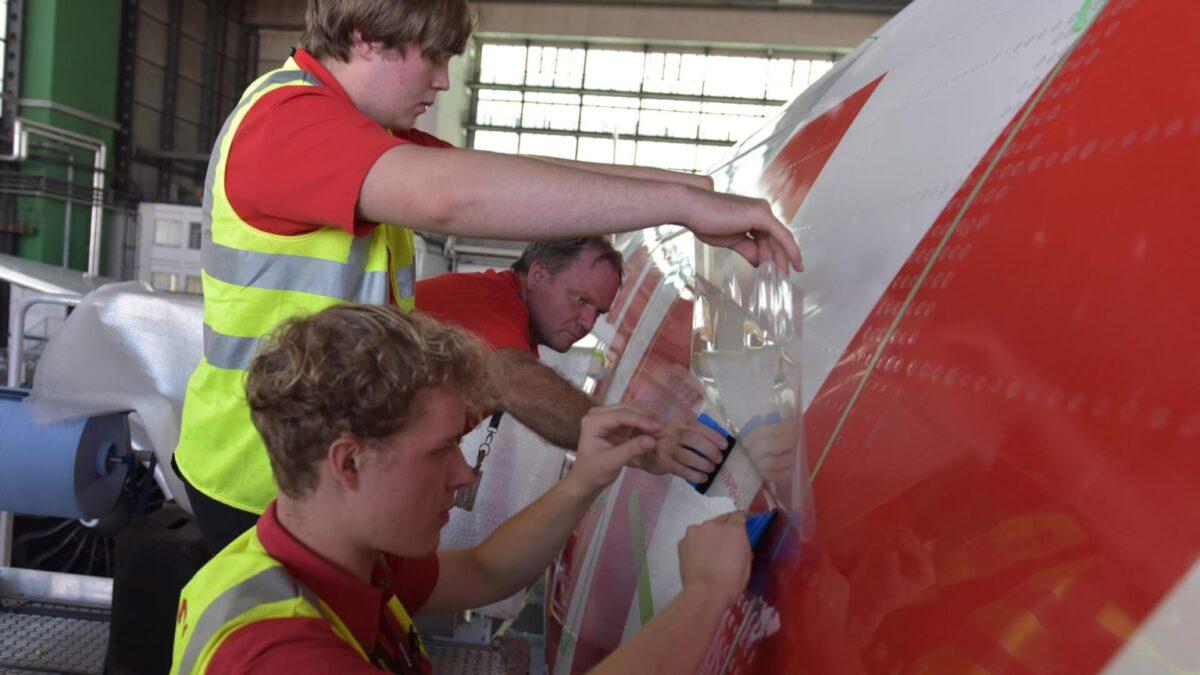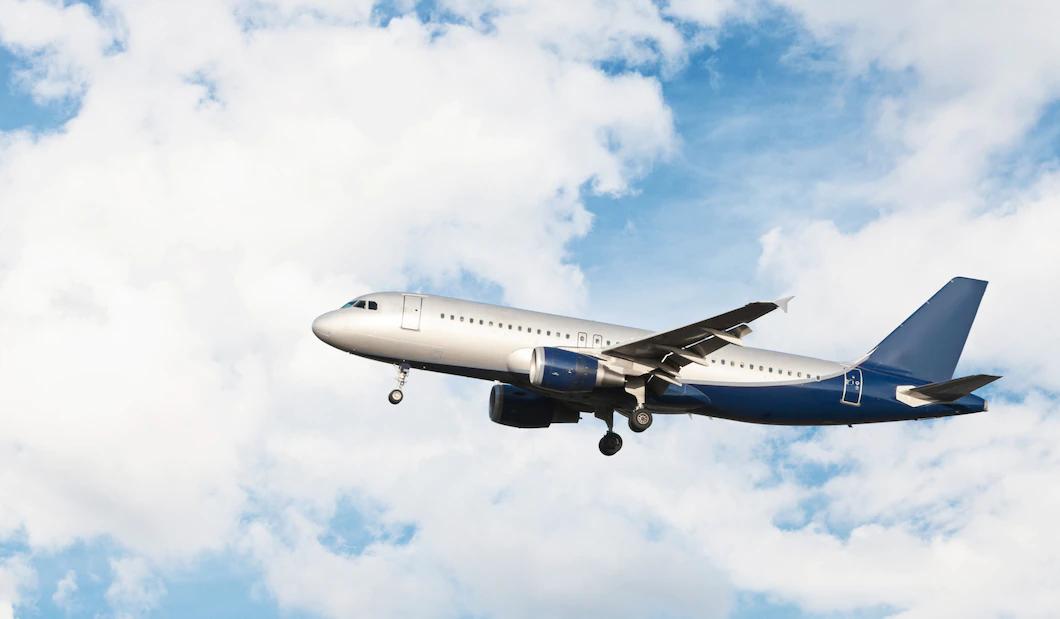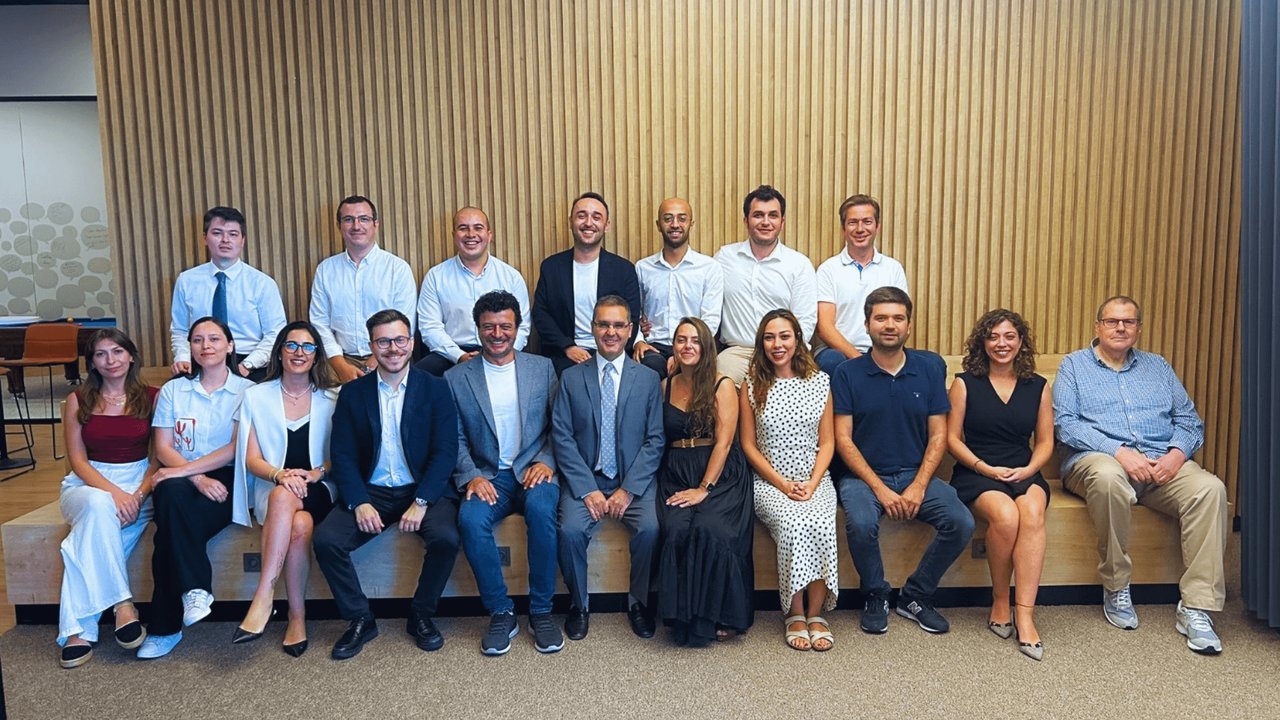The innovation will save the Boeing 777-300ER aircraft around 400 tons of kerosene and more than 1,200 tons of carbon dioxide per year. Last week, the European Union Aviation Safety Agency (EASA) gives Lufthansa Technik permission to modify two Boeing 777 variants with AeroSHARK fuel-efficient ribbed films, a sustainable innovation jointly developed by Lufthansa Technik and the chemical company BASF.
Also See: Honor Pad V8 Pro Launches with Ambitious Features
New Design Developed by an Aircraft Maintenance Company

The new technology will now be installed on Lufthansa Cargo and Swiss International Air Lines (SWISS) aircraft.
Engineers were inspired by the skin of sharks. It is covered with small scales (skin teeth), which are dentin plates with a relief surface. Each plate ends with a protruding enamel spike. Inside, like a real tooth, there are blood vessels and nerve endings. Previously, a group of biologists from Harvard University found that it is this ribbed skin structure that helps them move so fast.
For every Boeing 777-300ER operated by SWISS, this translates into savings of around 400 tons of kerosene and more than 1,200 tons of carbon dioxide per year. The shorter Boeing 777F saves around 370 tons of fuel and 1,170 tons of CO₂ per year.
The Swiss airline's first AeroSHARK-equipped Boeing 777-300ER has already started daily flights in October. On September 8 and 9, 2022, the first flights of this aircraft, carried out together with EASA, were carried out to collect detailed evidence that the AeroSHARK modification does not adversely affect the operational safety and controllability of the Boeing 777.





No comments yet for this news, be the first one!...